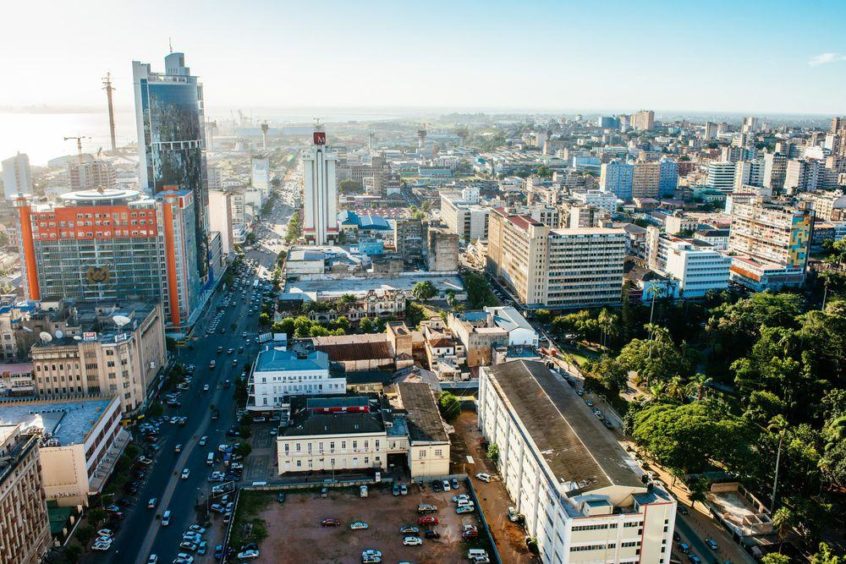
Credit Suisse and VTB have reached agreements with UK and US authorities to settle issues arising from arranging financing for Mozambique.
Credit Suisse will pay nearly $475 million to resolve problems of fraudulently misleading investors and violating the Foreign Corrupt Practices Act (FCPA), the Securities and Exchange Commission (SEC) said.
Of this amount, £147mn will go to the UK’s Financial Conduct Authority (FCA). The bank also agreed to forgive $200mn of debt owed by Mozambique.
The financial instruments involved two bond offerings and a syndicated loan. Mozambique had planned to use the cash to secure its offshore, with repayments coming from its gas industry.
“The FCA’s fine reflects the impact of these tainted transactions which included a debt crisis and economic harm for the people of Mozambique,” said FCA director Mark Steward.
“The fine would have been higher if not for Credit Suisse agreeing to provide the debt write-off of US$200 million. The FCA will continue to pursue serious financial crime control failings by regulated firms.”
The bank won a 30% discount from the FCA as a result of its actions. The US Department of Justice (DoJ) was less impressed, saying Credit Suisse had won only partial credit for co-operation.
The bank had “significantly delayed producing relevant evidence”, the DoJ said, granting it a 15% reduction.
High risk
The FCA said Credit Suisse had failed to manage the risk of crime in its emerging market business. The company was aware that Mozambique risks were high and that the projects had not undergone proper scrutiny.
The contractor paid kickbacks estimated to be worth more than $50mn to Credit Suisse executives, in order to win the loan. Mozambique has said the minimum bribe paid for the two loans was around $137mn.
“Credit Suisse provided investors with incomplete and misleading disclosures despite being uniquely positioned to understand the full extent of Mozambique’s mounting debt and serious risk of default based on its prior lending arrangements,” said SEC associate director Anita B. Bandy.
“The massive offering fraud was also a consequence of the bank’s significant lapses in internal accounting controls and repeated failure to respond to corruption risks.”
Russia’s VTB also agreed to pay more $6.4mn to settle SEC charges on the second bond issue, in 2016. This offered investors a chance to exchange earlier bond notes with sovereign bonds.
A VTB representative said the settlement brought an end to the SEC’s probe into its role in the Mozambique transactions.
“As we have previously said, VTB took significant steps to ensure the accuracy of the Eurobond disclosure, which were met with resistance and pressure from a number of other parties engaged in the deal, as the SEC recognised,” the official said.
“We’d like to emphasize that throughout the numerous international litigations and investigations related to the Mozambique loans, none of our employees have been charged with unlawful conduct.
VTB is looking “forward to finding a solution in the remaining proceedings related to this situation”.
VTB, and Credit Suisse, failed to disclose the risks around the debt, the SEC said. Mozambique did go on to default on the debt.
A trial is ongoing in Mozambique. This involves a number of high-ranking officials who stand accused of involvement in the “hidden debts” scandal.
Updated at 2:13 pm with comment from VTB.
